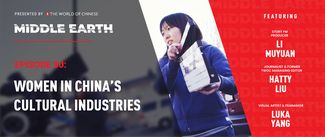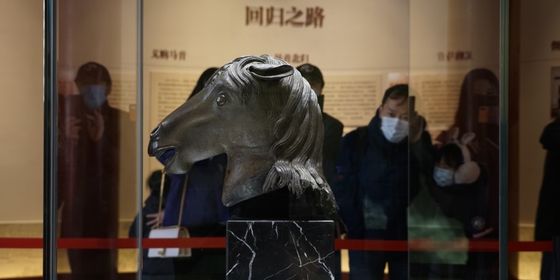Why is juicy gossip known as a "melon" in Chinese?
From dusk till dawn, countless wage slaves (打工人 dǎgōngrén) devote themselves to the daily grind, a routine of working, gaming, and online shopping. The past two weeks, however, saw a slight shake-up: They were glued to Weibo, the Chinese version of Twitter, waiting for the sequel of Kris Wu's sex scandal.
Kris Wu, a Chinese Canadian rapper and actor who boasts around 50 million fans on Weibo, has been detained by Beijing police on charges of rape, pending investigation. On July 18, 19-year-old influencer Du Meizhu publicly accused him of date-raping her and of predatory sexual behavior, seeking out and grooming young girls (some underage) on the excuse of auditioning them for music videos, then engaging in sexual relationships with them.
As netizens swallowed the various posts, evidence, and text records Du offered up as evidence (alongside gossipy details on Wu's sexual competence), Wu released a statement denying all allegations, but more women posted chat records of the idol's predatory behavior. As the drama continued to unfold, Wu's name trended on Weibo nearly every day for the entirety of July, netizens exclaimed "最近简直是吴(无)心工作! (Zuìjìn jiǎnzhí shì wúxīn gōngzuò! I can pay no attention to work!)" as they were too busy following the scandal (the surname "Wu" and "no" are pronounced the same way in Chinese). At this point, a seemingly irrelevant item also did the rounds of Weibo, of a watermelon exploding on a supermarket shelf in Shenyang, Liaoning province, due to the heat. Netizens quipped "别吃瓜了,瓜都吐了 (Bié chīguā le, guā dōu tù le, Stop gossiping, even the melon threw up)"—a pun on the term 瓜 (guā, melon), the Chinese word for gossip.
Why is a salacious piece of scandal compared to a juicy fruit in Chinese? The term 吃瓜 (onlooker, rubbernecking) refers to people who gawp and gossip about matters that don't affect them, and seems to have originated in 2016. The terms "eat melon seeds in the front row (前排吃瓜子 qiánpái chī guāzǐ)," or "sell melon seeds in the front row (前排兜售瓜子 qiánpái dōushòu guāzǐ)" appeared in online forums around that time. Later, "melon-eating masses (吃瓜群众 chīguā qúnzhòng)" developed for describing netizens who "don't speak but just watch (不发言只围观 bù fāyán zhǐ wéiguān)" public sphere events, becoming one of entertainment magazine Yaowen Jiaozi's top 10 buzzwords of 2016. There is also a longer version of the buzzword, "melon-eating masses who do not know the truth (不明真相的吃瓜群众 bùmíng zhēnxiàng de chīguā qúnzhòng)."














